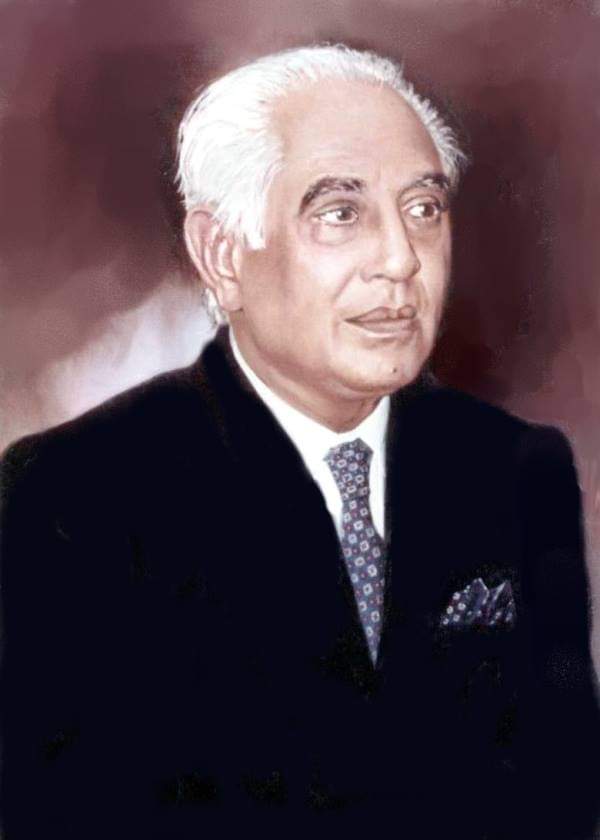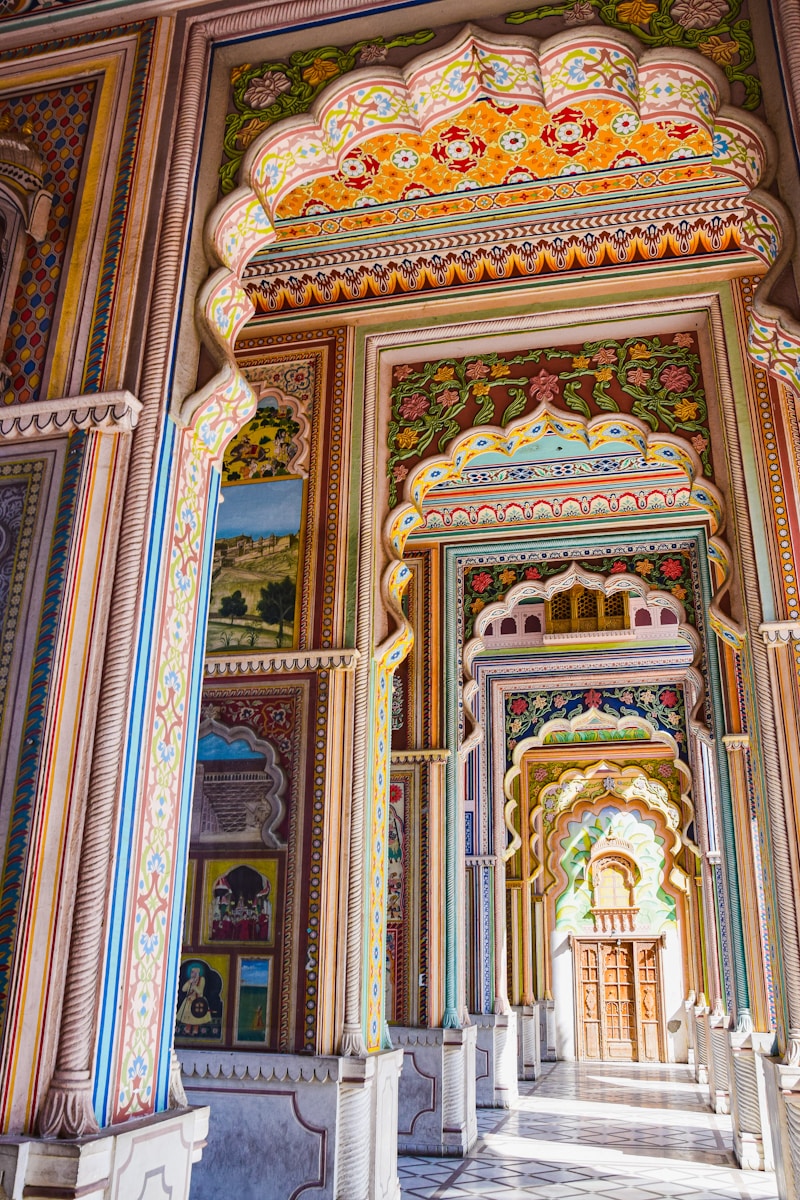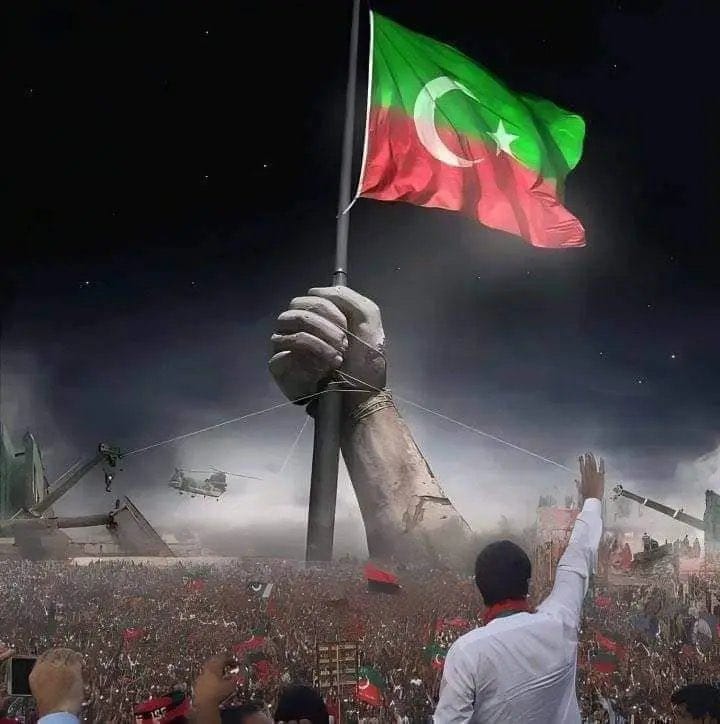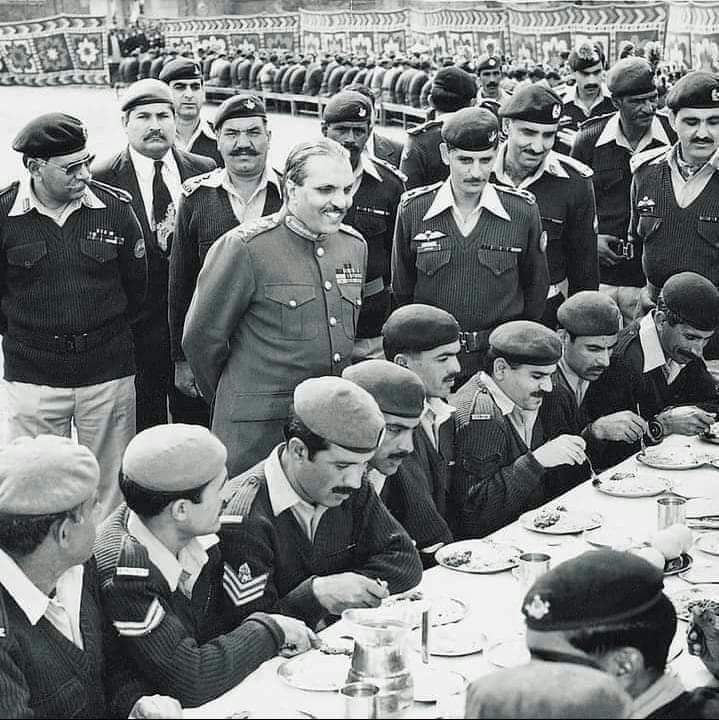
His village was 13 km away from the city. Being poor, it was difficult for him to continue his education, but he did not give up in the face of difficult circumstances but decided to face them.
He decided that he would take milk from the village and sell it in the city and continue his education. So he would get up in the morning before the call to prayer. He would collect milk from different houses, load the drums on a cart and reach the city. He used to sell milk to the mansion and some shopkeepers and go to the mosque to change his clothes and go to school. He used to sell milk in the same way till the time of college and continued his education.
As a child, he did not have school shoes. Boots were very important for school. For example, he collected some money and bought shoes for himself. Now the problem was that if he wore shoes in the village, they would break in quickly. So he would come from the village wearing his father’s indigenous shoes and in the city where he had a milk jug he would wrap his boots in a cloth and go to school wearing his school shoes.
The father walked all day and the son walked barefoot all night. In 1935 he got a prominent position in matriculation and then enrolled in Islamia College Railway Road Lahore. Would do
In this job, he never felt ashamed. In the first year, he did not have a coat and he had to wear a coat in class, so he would be expelled from class.
When the teachers came to know about this, they helped this talented student. The young man was very fond of reading. In 1939, he did his BA honors. He was the only graduate in his area. Even the work cannot be done easily. Tireless work and perseverance is an essential element for success and better success.
Under economic pressure, after BA, he got a job as a clerk in Batapur Company as his aim and goal was to study law. So, after some time, he quit his job as a clerk and started studying law. Passed LB exam.
He started regular practice in 1950. He had the ghost of serving the people and moving forward. He established many educational institutions in his area with the help of the people. In this spirit, he contested the West Pakistan Assembly elections in 1965 and won the PPP. Inspired by the slogan of bread, cloth and house, he joined it. In 1970, he was elected MNA on a PPP ticket and defeated Nawab Muzaffar Qazlbash’s brother, who used to sell milk at his house.
In 1971, he became the Minister of Food and Backward Areas in the first cabinet of Zulfiqar Ali Bhutto. In 1972, he became the Chief Minister of Punjab, the largest province of Pakistan, during his tenure as Chief Minister. He set an example by resigning. In 1973, he led a Pakistani delegation to the United Nations. In 1973, he was appointed Minister of Law and Parliamentary Affairs.
In 1976, he was appointed Federal Minister for Local Government and Rural Affairs. He twice became the Speaker of the National Assembly and was the Rector of the International Islamic University for four years. He started and eventually became the Prime Minister of Pakistan. He was the only Prime Minister of Pakistan who lived all his life in a rented house in Lakshmi Mansion in Lahore with no doorkeeper at the door. His wife, Meraj Khalid, who used to drive rickshaws and wagons during his tenure as Prime Minister, was a promising figure in history. He passed away on June 23, 2003.
Movable




